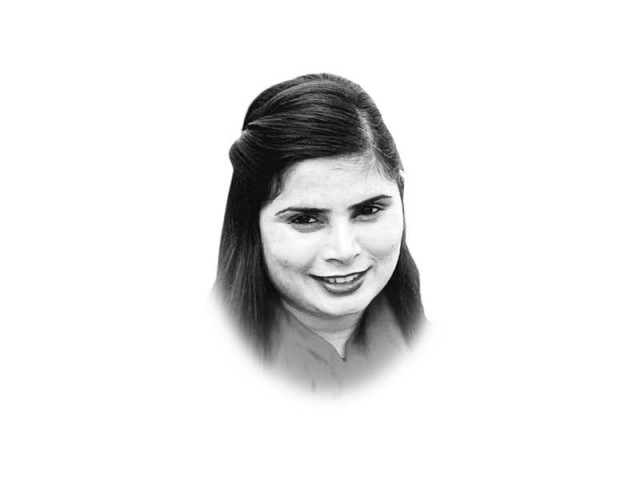Unbridled social media: threat to democracy
A county like Pakistan must keep itself safe from the harms of social media through regulatory reforms

Media, the fourth pillar of a democratic state, is supposed to promote democratic values and focus on the dissemination of authentic and unbiased information regarding the policies and initiatives of the government to enable people to make informed choices. Over time, technological advancement has brought a revolution in the means of communication at the global level. Once the information was disseminated through the newspaper; then came the digital media, including television and radio; and now social media is serving as principal tool for cascading news and information. Social media — featuring huge-impact platforms like Facebook, Twitter, Instagram, YouTube, etc — is playing a key role in perception building. According to an estimate, more than half of the world now uses social media; even a developing country like Pakistan has 54% of internet users and the number is continuously increasing.
In the contemporary world, social media provide an opportunity for people to obtain information, express their thoughts and contribute to democratic processes. Alongside that, there is room for distorting information, promoting false stories and facilitating political manipulation — with an aim to paddle particular narratives like against democracy or the state. If social media is not managed through laws, it will lose its utility and wreak havoc on the world of information. A case in point is the Arab Spring in the Middle East and Africa wherein Twitter and Facebook were largely used to spread anti-state narratives. This is why social media is now largely considered a threat to democracy.
Among the negatively flourishing social media platforms, Facebook, Twitter and Google have turned into powerful enablers of vast disinformation campaigns. Twitter and Facebook have not only become powerful but also dangerous political mediums. Also, fewer efforts are available on their part in building honest and straightforward content moderation to control hate speech and disinformation on their platform against state, institutions and individuals. Social media also plays a key role in making a hero from zero and vice versa. The current social media trends, led by PTI followers, is an example in the context. YouTube and Twitter, in particular, are being used to project ex-PM Imran Khan as a saviour and portray the sitting government in a bad light.
According to an international report, about 2,100 Twitter accounts are involved in a social media propaganda campaign against Pakistan Army. As a consequence, on 12 April, 2022 at the 79th Formation Commanders’ Conference, ISPR released a statement “the recent propaganda campaign by some quarters is to malign the Pakistan Army and create division between the institution and society. The national security of Pakistan is sacrosanct. Pakistan Army has always stood by the state institutions to guard it and always will, without any compromise.” It shows how Twitter and Facebook are being used to spread negativity and widen the gap between state and institution.
In the same vein, India is also utilising the power of social media in spreading the anti-Muslim hate speech. The incident of Basti Hazarat Nizamuddin Markaz in Delhi was observed as the top-most anti-Muslim trend on Twitter. Under the BJP-led Modi government, Muslims are presented as the most detestable entity of India. On the one hand, Muslims have been deprived of their basic rights; a ban on the hijab, restriction on cow meat, and a ban on fruit vendors are a few recent examples of India’s discriminatory policies. On the other hand, India is trending as an incredible and democratic state. The reality of India, however, remains that it is an autocratic state that is promoting Hindutva ideology through hate speech on social media.
Having said that, a county like Pakistan must keep itself safe from the harms of social media through regulatory reforms. A regulated social media would be manageable as it is in the European Union, which has laws and policies to tackle many of the social media risks to democracy through strong data protection rules and devising new legislative proposals on digital services. Else, unregulated social media is bound to promote polarisation in society and produce political intolerance among the masses which is a threat to the democratic norms and stability of the state.
Published in The Express Tribune, June 11th, 2022.
Like Opinion & Editorial on Facebook, follow @ETOpEd on Twitter to receive all updates on all our daily pieces.














COMMENTS
Comments are moderated and generally will be posted if they are on-topic and not abusive.
For more information, please see our Comments FAQ